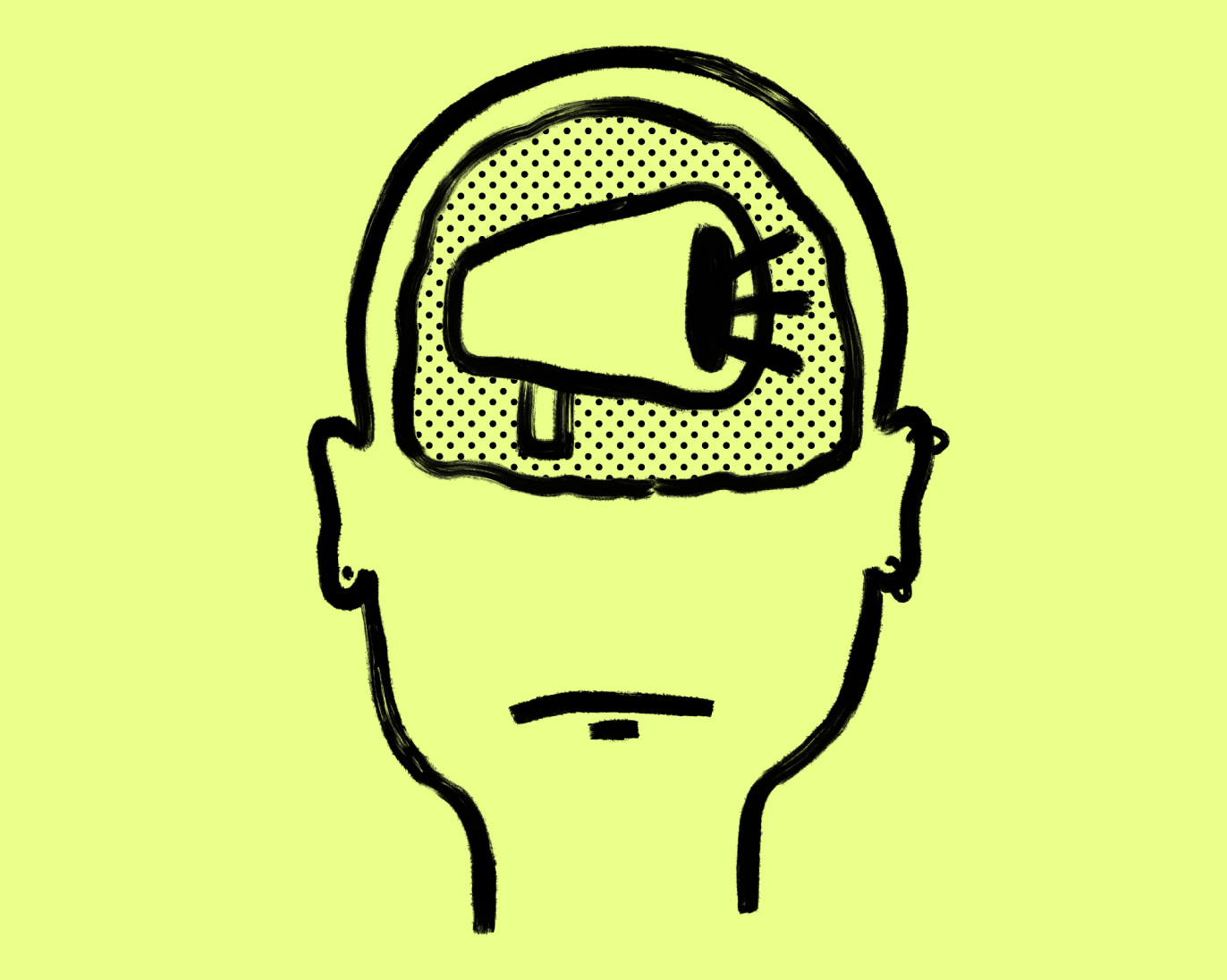Psychotherapy
Psychotherapy can be used to treat mental health conditions alone or can
be accompanied by psychiatric medications. Common psychotherapies include:
Cognitive Behavioural Therapy
A form of therapy that can help manage your mental health condition by
changing the way you think and behave. It equips you with practical ways
to overcome your issues and improves your state of mind by changing negative
cycles and patterns.
Psychoanalytic Therapy
Psychoanalytic therapy can help you understand your past and how events
in your early life could be affecting you now. Mental health conditions
such as anxiety and depressive thoughts may stem from past experiences
or events.
Client-centred Therapy
Client-centred therapy enables self-discovery and self-acceptance that
leads towards healing, growth, and self-actualisation.
Psychiatric Medications
A form of therapy that can help manage your mental health condition by
changing the way you think and behave. It equips you with practical ways
to overcome your issues and improves your state of mind by changing negative
cycles and patterns.
It’s important to note that some psychiatric medications can take a few
weeks to be fully effective. That means you shouldn’t stop taking your
medication prematurely without your doctor’s ‘okay’, even if you think
you’re feeling better after a few days.
These are some common types of psychiatric medications that your doctor
may prescribe:
Antidepressants
Antidepressants help to improve the symptoms of depression and prevent
the symptoms from returning.
Anxiolytics
Anxiolytics are anti-anxiety medications. They help to reduce the symptoms
of anxiety such as panic attacks, trembling, rapid heartbeat, and sweating.
Antipsychotics
Antipsychotics are used to manage psychosis. This could look like a disconnection
with reality, with symptoms like hallucinations or delusions.
Mood Stabilisers
Mood stabilisers are primarily used to treat bipolar disorder and extreme
mood swings by helping to control unstable moods.
Medication Side-Effects
Medications may cause some side effects, but you should inform your doctor
immediately if you experience any severe side effects such as:
-
Sudden disorientation, agitation, or restlessness together with a high
body temperature, tremors, or muscle rigidity.
-
Fever with rashes or painful blisters on the skin or inside of your lips,
eyelids, and/or nose.
Parental consent is required for psychiatric medication if you’re 18 or
younger. Your healthcare professional will work with you on how to involve
your parents if need be.


